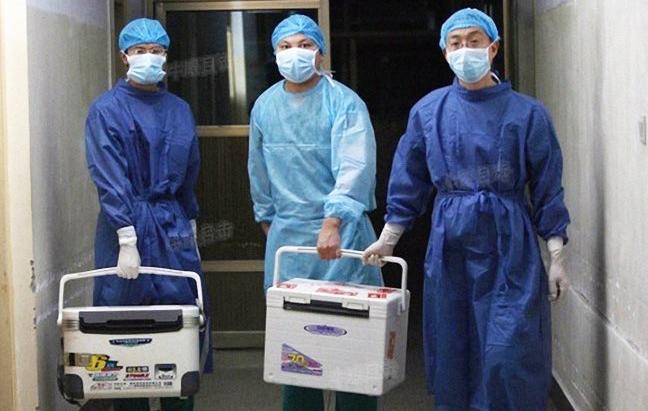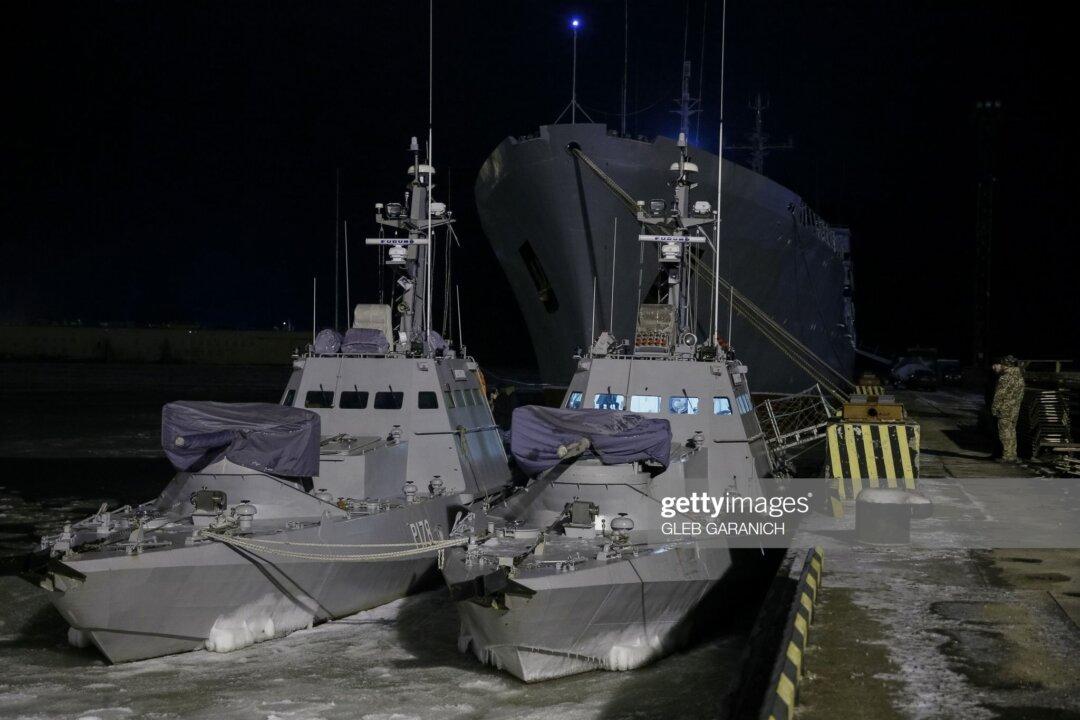We all want to live a long time. And in vigorous good health while doing so.
Modern society and modern medical technology has transformed the prospect of a Biblical “three score and ten” lifetime, which used to be unlikely, if not unusual, into a strong, normal possibility.
But getting there is not always “half the fun.” And sustaining life after 70 requires more and more (often high tech) maintenance.
We are outliving our design specifications. Our organs—heart, kidney, eyes, lungs, liver are subject to wear-and-tear. Sometimes the damage is genetic; sometimes self-inflicted (smoking, alcohol). But the result is life shortening, and the search for life-extenders is relentless: first palliative (stop smoking/drinking), then surgical (heart by-pass), and finally heroic (organ replacement).
The first heart transplant was performed in Cape Town, South Africa in December 1967 by Christiaan Barnard. For those of us media-engaged 50 years ago, the operation was miraculous. But it opened the classic “Pandora’s box” of complexities.
Transplants are not forever fixes. Because not everyone has an identical twin willing to donate an organ, a good “match” must be found, and the organ recipient must contend with rejection concerns and antirejection drugs. For example, only 54 percent of kidney transplants last 10 years. Then another kidney is necessary.
Supply is limited. Recipients need healthy organs, which are increasingly in short supply. The classic “supply and demand” rules apply. Young, healthy people don’t often die. Or they die in accidents that preclude obtaining appropriate organs in a timely manner. Or they die of drug overdoses that make their organs questionable. So extended waiting lists have emerged with boards of doctors making agonizing choices regarding positioning on the list, degree of debility for the waiting recipient, compatibility of an available organ, etc.
But nobody wants to die, waiting.
The conundrum has created some adroit science fiction: “organlegging,” a term created by science fiction author, Larry Niven, postulates a 21st-22nd century universe wherein healthy persons are kidnapped and their organs harvested for those willing to pay the price.





